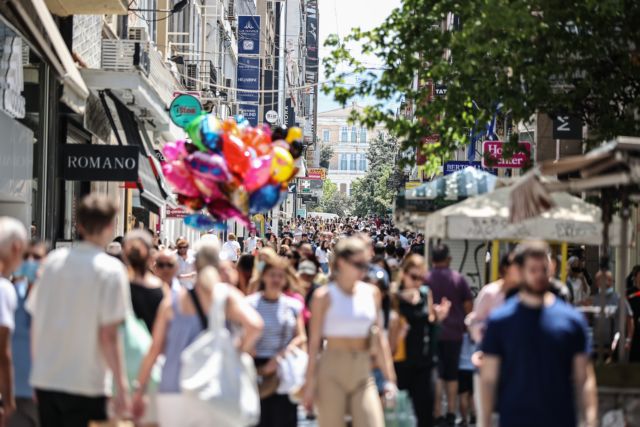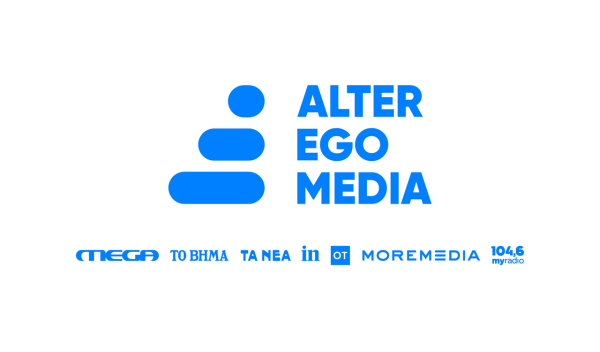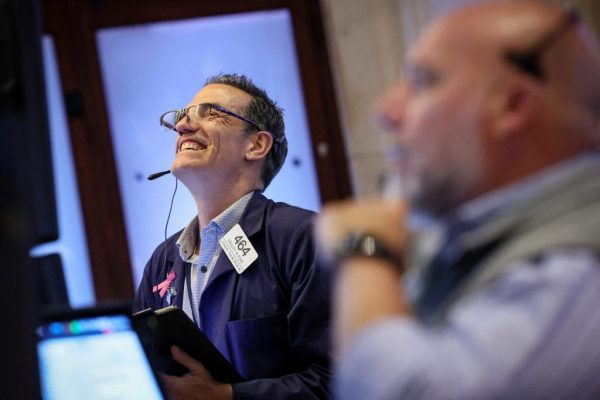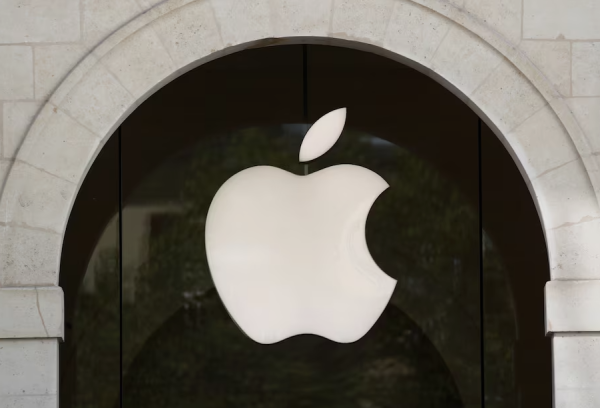
Five out of 10 businesses that participated in the summer sales recorded lower sales compared to the same period last year, according to the key findings of the Hellenic Confederation of Commerce and Entrepreneurship (ESEE) survey.
According to the survey, the 2022 summer sales were completed in an environment of multiple contradictions. The energy crisis seems to be affecting the operation of commercial enterprises in a twofold way: directly, due to the increase in operating costs and indirectly, due to the reduction in domestic demand, because of the fall in disposable income.
On the other hand, the impressive increase in tourist arrivals and receipts significantly stimulates external demand, both compared to 2020, in particular, and 2021.
As such, tourism markets are registering considerably stronger recovery momentum compared to more regional markets, which documents the spatial disparities that the energy crisis seems to be accelerating in the retail ecosystem.
The survey on sales
– More than half of the retailers (52%) that participated in summer sales recorded lower sales, compared to the same period last year. 29% of businesses were at the same level as in 2021, while 18% saw an increase in turnover.
– Interesting findings emerge from the performance of businesses by major geographic region.
Sales on the islands
Islands appear to have performed better than the rest of the country due to tourism, which, this year, has been at a very high level, compared to the last two years.
In other words, tourism seems to have been beneficial for business sales, but has not been able to fully compensate for the losses caused by the energy crisis, inflationary pressures and supply chain shocks.
– These developments are confirmed by the decline in store footfall, with more than half (52%) reporting a decline. At the same time, 24% of businesses believe footfall is at the same level as last year.
Trade traffic
– The above findings raise concerns about the potential for a recovery in the commercial market.
However, two parameters should not be forgotten: On the one hand, the fact that the comparison is being made with the 2021 summer sales, when sales had shown an ephemeral growth due to the return to “relative normality”.
On the other hand, the market is facing strong inflationary pressures this year with negative effects on real income and, thus, on purchasing power and expectations.
– In addition, these results are in line with the question of the degree of convergence of summer sales turnover with the corresponding turnover in 2019, the last normal year before the pandemic.
The turnover
Just 2% of businesses said they exceeded their 2019 turnover, while 44% noted that they did not approach it at all or approached it only slightly.
– For half of businesses (50%), the best sales period in terms of foot traffic was July, something really common in recent years.
However, this year, the first fortnight of August was noticeably up compared to previous years.
– There were no changes in the level of the discount rate as 30% of businesses made discounts between 21% and 30%.
However, a large percentage of firms (30%) adopted discounts above 41%, a typical indication of the pressures in the sector and the need to find liquidity.
– Sales of 61% of firms were lower than they had expected, despite negative expectations created by the wave of price increases and rising energy costs.
Did energy costs affect businesses?
After all, for 73% of businesses, rising energy costs negatively impacted them, contrary to the fact that the industry is not considered energy intensive.
– For 67% of businesses, the increase in business operating costs in the last six months (from March 2022 onwards) has been between 11% and 40%.
This particular burden in such a short period of time underlines the magnitude of the problem due to price increases, despite government relief measures and before the arrival of the energy-intensive winter, while at the same time calling into question the viability of the businesses themselves.
This charge in such a short period of time underlines the magnitude of the problem caused by the price increases, despite government relief measures and before the arrival of the energy-intensive winter, while at the same time it puts the viability of the companies themselves in doubt.
This highlights the need for energy shielding and maintaining support policies through targeted interventions.
– Energy price increases combined with strong turbulence in the supply chain have led to an increase in suppliers’ prices to commercial enterprises.
For 80% of firms, commodity prices increased by 6% to 30% from March 2022 onwards.
As an example, businesses that said they were buying goods at the same prices from suppliers in the 2022 winter sales survey (March 2022) stood at 19% compared to 2% just six months later.
Inflationary pressures
Against the backdrop of strong inflationary pressures, almost half of businesses (45%) managed to absorb, even partially, the increases in commodity prices so that it was not passed on entirely to the final price.
In fact, 17% of enterprises managed to absorb the increase in suppliers’ prices in full.
44% of enterprises absorbed between 11% and 30% of the price increases so as not to burden consumers, while 21% of enterprises absorbed between 41% and 70%.
Latest News

IMF: US Tariffs Shake Global Economy, Outlook Downbeat
IMF slashes global growth forecast to 2.8% as U.S. tariffs create uncertainty and ‘negative supply shock

First Step Towards New Audiovisual Industry Hub in Drama
The project is set to contribute to the further development of Greece’s film industry and establish Drama as an audiovisual hub in the region

Airbnb Greece – Initial CoS Ruling Deems Tax Circular Unlawful
The case reached the Council of State following annulment applications filed by the Panhellenic Federation of Property Owners (POMIDA)

Mitsotakis Unveils €1 Billion Plan for Housing, Pensioners, Public investments
Greek Prime Minister Kyriakos Mitsotakis has announced a new set of economic support measures, worth 1 billion euros, aiming to provide financial relief to citizens.

Alter Ego Ventures Invests in Pioneering Gaming Company ‘Couch Heroes’
Alter Ego Ventures' participation in the share capital of Couch Heroes marks yet another investment by the Alter Ego Media Group in innovative companies with a focus on technology.

Corruption Still Plagues Greece’s Driving Tests
While traffic accidents continue to claim lives on Greek roads daily, irregularities and under-the-table dealings in the training and testing of new drivers remain disturbingly widespread

Pope Francis Died of Stroke and Heart Failure Vatican Confirms
As news of the official cause of death spread, tributes poured in from across the globe. The 1.4 billion-member Catholic Church is united in grief, remembering a pope who championed inclusion, justice, and compassion

Increase in Both Museum Visits, Revenues for 2024
As expected, the Acropolis was the top archeological site in the country, followed by Sounion, Mycenae, the ancient theater of Epidaurus, and Vergina in northern Greece

Where Greece’s Tourists Come From: A Look at 2025’s Top Visitor Markets
The United Kingdom continues to hold the top spot as the largest source of incoming tourism, with 5.6 million seats booked for Greece this summer — up 2.2% from last year. This accounts for 20% of all international air traffic to Greece

Pope Francis: A Pontiff Who Reshaped the Papacy and Sparked a Global Conversation
His first words from the balcony of St. Peter’s Basilica—“Brothers and sisters, good evening”—set the tone for a pontificate that would challenge norms, favor mercy over dogma, and bring the papacy closer to the people.












![Πλημμύρες: Σημειώθηκαν σε επίπεδα ρεκόρ στην Ευρώπη το 2024 [γράφημα]](https://www.ot.gr/wp-content/uploads/2025/04/FLOOD_HUNGRY-90x90.jpg)



![Ξενοδοχεία: Μεγάλο το ενδιαφέρον για επενδύσεις στην Ελλάδα – Η θέση της Αθήνας [γραφήματα]](https://www.ot.gr/wp-content/uploads/2025/03/Athens-hotels-90x90.jpg)








![ΔΝΤ: Καμπανάκι για δημόσιο χρέος από δασμούς και αμυντικές δαπάνες [γράφημα]](https://www.ot.gr/wp-content/uploads/2024/05/30859482_Sharone-perlstein-microfinanace-debt-800x500_c-600x375-1-1.jpg)















 Αριθμός Πιστοποίησης
Αριθμός Πιστοποίησης